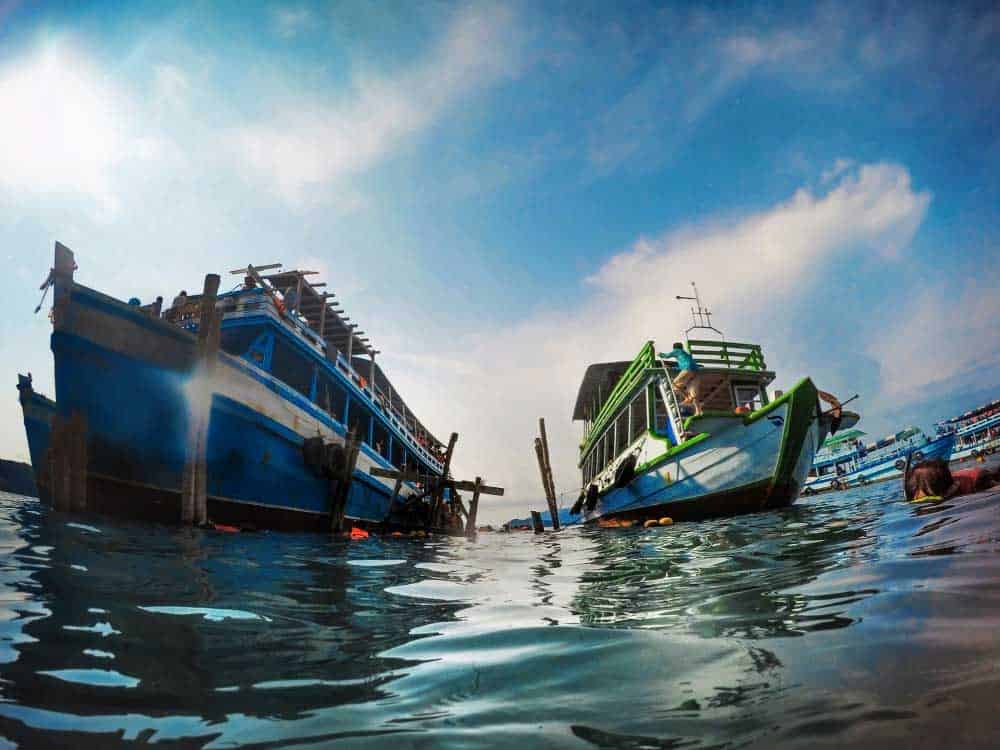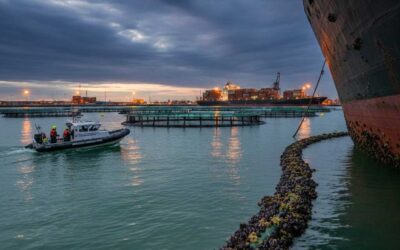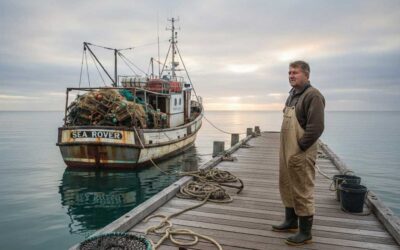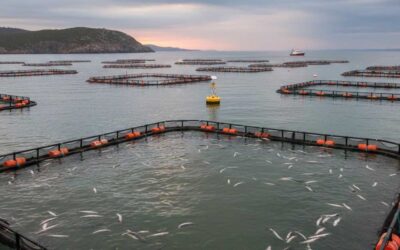Introduction
As warmer weather returns across Australia, recreational fishers are dusting off their rods and heading out to beaches, rivers, and reefs. Fishing is one of the nation’s favourite pastimes — and with good reason. It combines relaxation, community, and connection to the outdoors.
But recreational fishing is not a free-for-all. Every state and territory regulates recreational fishing through a combination of licences, bag and size limits, seasonal closures, and gear restrictions. And enforcement is serious: fisheries officers have broad powers to board boats, inspect catches, and issue infringement notices.
This article outlines:
- What recreational fishers need to fish legally in Australia.
- The legal implications of non-compliance.
- What to do if you are stopped by a fisheries officer.
- Practical tips to stay safe and compliant this summer.
Do You Need a Licence?
The first question for recreational fishers is whether you need a licence.
- New South Wales (NSW): A Recreational Fishing Fee (licence) is required for all fishing in NSW waters (except certain exemptions such as Aboriginal cultural fishing, children under 18, and some pensioners).
- Victoria (VIC): A Recreational Fishing Licence is required unless exempt (under 18, over 70, or certain concession card holders).
- Queensland (QLD): No general licence required, but specific permits apply (e.g., Stocked Impoundment Permit Scheme).
- Western Australia (WA): No licence required for general line fishing, but licences are needed for rock lobster, abalone, netting, and some other activities.
- South Australia (SA): No licence generally required, but strict bag and size limits apply.
- Tasmania (TAS): Licences required for some activities (e.g., abalone, rock lobster, scallops).
- Northern Territory (NT): No general recreational licence, but closures and Aboriginal land permits apply.
Legal implication: Failure to hold a required licence or permit can result in on-the-spot fines or prosecution.
Bag, Size, and Possession Limits
Every jurisdiction imposes limits to protect fish stocks:
- Bag limits: Maximum number of a species you can take in a day.
- Size limits: Minimum size (and in some cases maximum size) to protect breeding populations.
- Possession limits: How many fish you can have in your possession, including at home or in storage.
Legal implication: Exceeding these limits may result in fines, seizure of catch, and even court action for serious breaches.
Seasonal Closures and Protected Species
Many fisheries have seasonal closures or species restrictions.
Examples:
- Barramundi closed season in QLD and NT during spawning months.
- Coral reef fin fish closure in QLD each year to protect spawning.
- Blue Groper fully protected in NSW — cannot be taken at all.
Legal implication: Taking fish during closed seasons or of a protected species is a serious offence and can lead to prosecution.
Gear Restrictions
Recreational fishers cannot use any gear they like.
- Some states ban the use of set nets or limit hook numbers.
- Spearfishing is restricted in certain areas.
- Traps, pots, and nets often require tags or specific licences.
Legal implication: Using illegal gear may lead to fines, seizure of gear, or suspension of fishing rights.
Where You Can Fish
Location matters.
- Marine parks and no-take zones prohibit all fishing.
- Aboriginal land or waters may require permits.
- Rivers and dams may be stocked and require special permits.
Legal implication: Fishing in a closed or restricted area is an offence, even if you did not realise it was restricted.
What Powers Do Fisheries Officers Have?
Fisheries officers have extensive powers to enforce the law. They can:
- Stop and board boats.
- Inspect licences, gear, and catch.
- Seize illegal catch or equipment.
- Issue infringement notices.
- Require information or records.
What Should You Do if Stopped?
If you are approached by a fisheries officer:
- Stay calm and polite. Cooperate with basic requests (showing licence, opening an esky).
- Do not admit liability. If asked questions about possible offences, you are not required to admit guilt.
- Do not give an interview without a lawyer. You have the right to legal advice before answering questions that may incriminate you.
- Take notes. Record details of the interaction, including officer names, times, and what was said.
- Seek legal advice immediately. Especially if you receive an infringement notice, summons, or seizure notice.
Common Mistakes to Avoid
- Assuming rules are the same across states — they are not.
- Forgetting to renew a fishing licence.
- Misidentifying fish species, especially when similar-looking species have different limits.
- Transporting fish across state borders without checking possession limits.
Penalties for Non-Compliance
Penalties vary by state and severity but may include:
- On-the-spot fines of several hundred dollars.
- Court-imposed fines of thousands of dollars.
- Seizure of catch, equipment, and boats.
- Criminal convictions for serious or repeat offences.
Practical Compliance Tips
- Download the relevant state fisheries app (e.g., NSW DPI FishSmart).
- Keep a copy of your licence on your phone or laminated card.
- Carry a fish ruler and know the size limits for your region.
- Check closures before heading out — rules can change annually.
- When in doubt, throw it back.
Conclusion
Recreational fishing is one of Australia’s great summer activities, but it comes with legal responsibilities. Warmer weather brings more inspections, more closures, and more risks.
To stay safe and compliant:
- Hold the right licence or permit.
- Know your bag, size, and seasonal limits.
- Understand what gear is legal.
- Be prepared if stopped by a fisheries officer — don’t admit liability, don’t give an interview without a lawyer, and seek legal advice promptly.
Aquarius Lawyers assists recreational and commercial fishers with compliance advice, infringement defence, and fisheries law matters.
Summer Fishing in Australia – Know the Law Before You Cast
With warmer weather here, recreational fishers are back on the water. But are you compliant?
In our latest blog, we cover:
🔹 Do you need a licence in your state?
🔹 Bag, size, and possession limits that apply
🔹 Where you can and cannot fish
🔹 What to do if stopped by a fisheries officer
🔹 Why you should never give an interview without legal advice




